Two Years After Losing Their Family Dog, Brother Still Aggressively Refuses To Allow Family To Adopt A New Pet
The inevitable downside of pet ownership is the fact that we will almost always outlive our beloved companions. Most pets do not live longer than a dozen or so years (exceptions exist, of course), but that’s no reason to avoid having a pet altogether.
Following that thought process, going through the loss of a pet shouldn’t keep you from eventually caring for another in the future. In my humble opinion, the best thing you can do with the love you have for your late pet is to share that love with another animal in need.
Obviously, at your own pace, as grief is different for everyone and follows its own path that is not linear. For example, my dog of 10 years passed away last year due to cancer, and as heartbroken as I was and still am, it hasn’t stopped us from adopting two new kittens into our family.
They aren’t replacing my dog by any means, but we have love and the means to care for other animals. And when my heart is less broken, we have plans to adopt another dog.
So, when I came across this AITA post about a young adult who is struggling with the loss of their family dog, I was really surprised by the implied thought that his behavior was at all “normal” or reasonable. I wasn’t the only one, as it was the first AITA post that I’ve seen in a while where everyone agreed the poster was a raging A-hole.
Continue scrolling to read the full story and some of the best comments.
OP shares that when he was 18, their family dog died, and it had a major impact on him.
Two years later, he's still deeply affected by the death and has been fighting with his siblings over the idea of getting another dog. Apparently, the thought of another animal living in their family home makes him "furious."
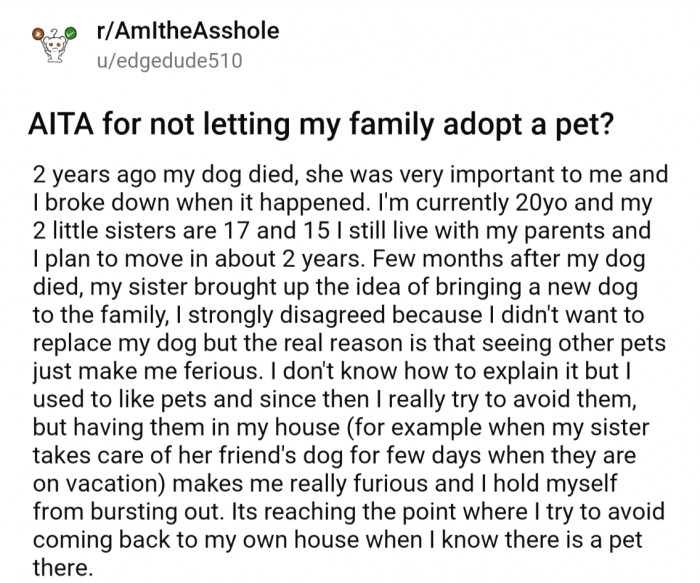
Up until recently, his mom seemed to side with him and didn't cave to his siblings' requests for a new dog.
Then his sister started to feed a stray cat, and everyone in the home began to grow fond of it.

So naturally, OP decides to do whatever he can to scare the cat away and keep it from coming into their home.
Understandably (to everyone but OP, apparently), his family is upset and has "yelled" at him to stop it. He even acknowledges that he's barely home due to work, but knowing there is a new pet at home makes him angry.
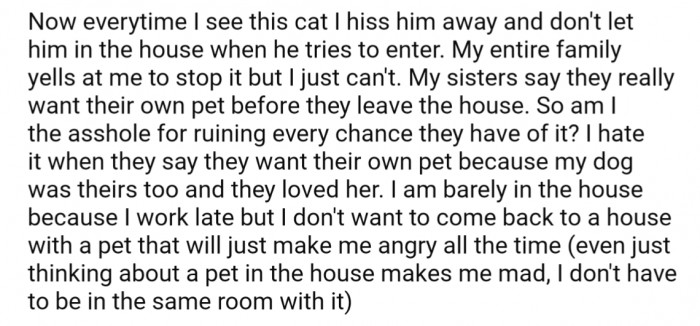
Grief and Its Complexities
Grief is a multifaceted emotional response that can manifest in various ways. Research published in the Journal of Abnormal Psychology indicates that people process grief differently, often influenced by their individual attachment styles and previous experiences with loss.
The brother's resistance to adopting a new pet may signify a struggle to process his grief over the lost family dog, indicating a need for time and space to heal.
Understanding Grief and Attachment
Dr. Lisa Hargrove, a psychologist specializing in grief at Emory University, explains that the loss of a pet can elicit profound grief responses. Pets often serve as significant emotional attachments, creating strong bonds that, when broken, can leave individuals feeling lost.
Research indicates that the grieving process for pets is similar to that of human losses, as individuals navigate feelings of sadness, anger, and longing.
Wait, he *hisses* at the cat?
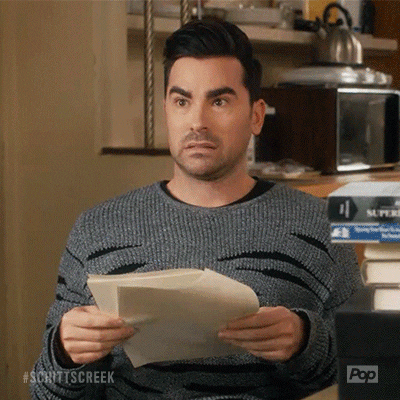
Redditors were quick to point out the obvious.
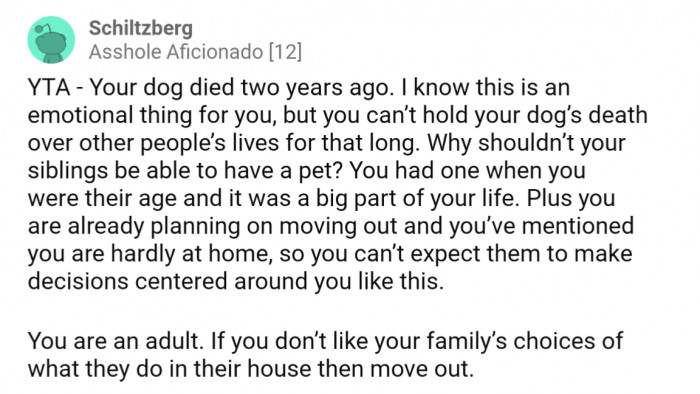
OP tried to defend himself, but really, it didn't help his case.
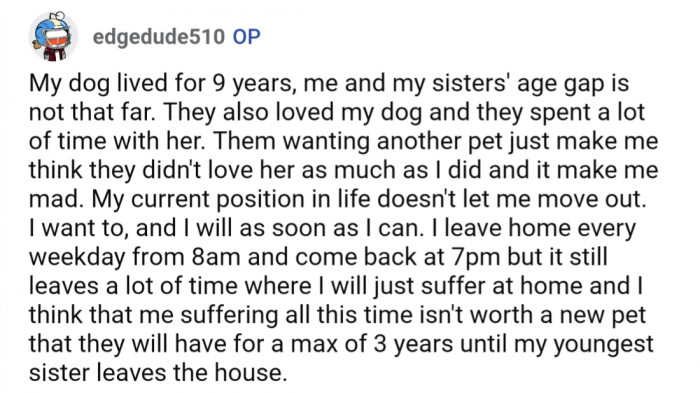
Emotional responses to loss can often lead to avoidance behaviors, where individuals resist change out of fear of further loss. Studies indicate that this avoidance can hinder personal growth and the ability to form new attachments.
Understanding this dynamic is crucial for supporting individuals who are grieving, as it highlights the importance of patience and compassion during the healing process.
This grief can manifest as resistance to adopting new pets. Studies in attachment theory suggest that individuals may struggle to form new bonds due to the fear of experiencing similar loss again, which can hinder emotional healing.
The "move out" sentiment was echoed a lot in the comments.
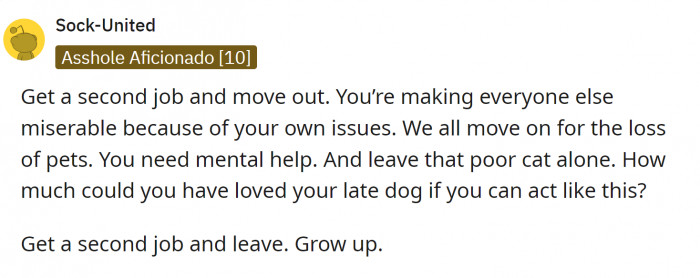
OP is well into adulthood already.

Grief is awful, but OP is being utterly selfish.
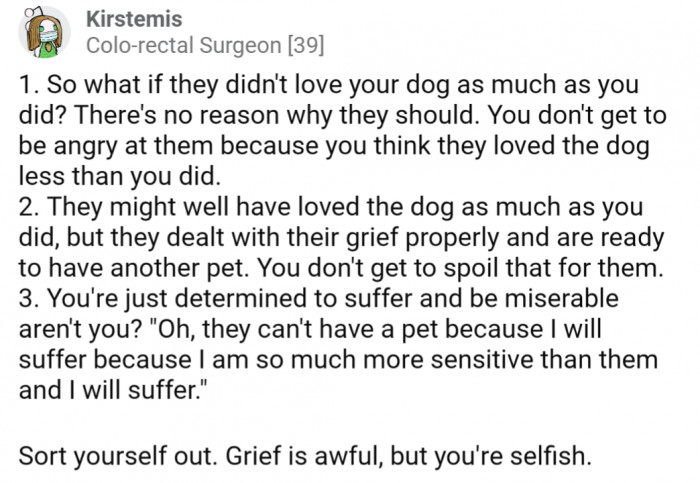
The Importance of Support During Grief
Support systems play a pivotal role in navigating the grieving process. Research from Harvard Medical School emphasizes that having a strong network of support can significantly ease the burden of grief and foster healing.
In this case, family members can help by creating a safe space for the brother to express his feelings and process his grief without judgment or pressure to move on.
The Importance of Allowing Grief
Allowing oneself to grieve is essential for emotional recovery. Research shows that processing grief through healthy emotional expression can lead to better psychological outcomes.
Understanding that grief is a natural response can help individuals navigate their feelings without judgment or shame.
Selfish is *exactly* what he is being.

Two years is a pretty excessive grieving period.
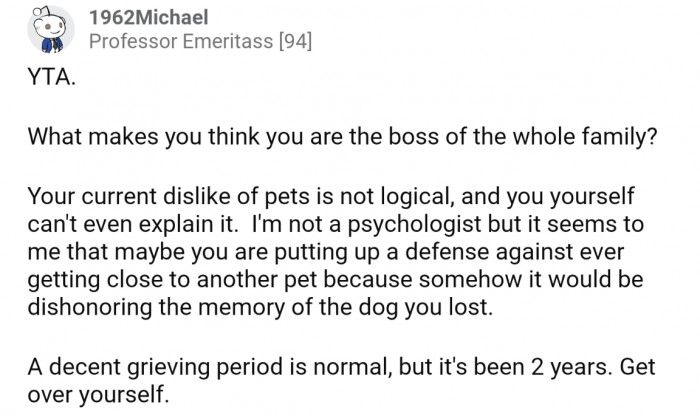
Respectfully, it's time to move on.
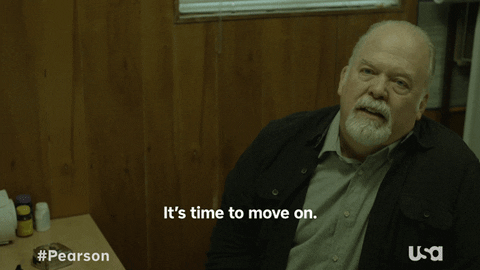
To help individuals cope with grief, experts recommend engaging in shared activities that honor the memory of the lost pet. Creating rituals, such as memorializing the pet, can provide a constructive outlet for emotions while fostering connection among family members.
Research indicates that these practices can enhance emotional healing and facilitate the transition to new experiences.
Encouraging open discussions about grief within families can facilitate healing. Research indicates that sharing feelings and memories can enhance emotional processing and create a supportive environment for everyone involved.
Who are you?
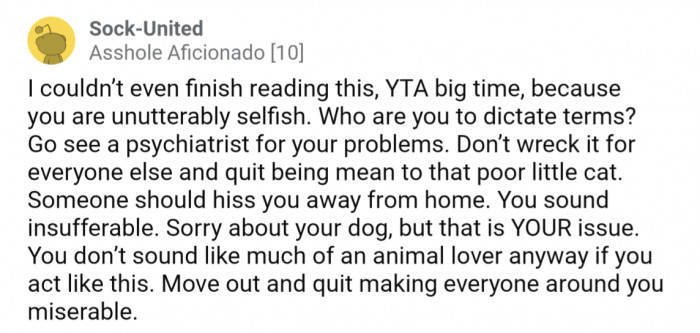
OP needs help.

Not his house.

Fostering Emotional Resilience
Building emotional resilience post-loss is crucial for future well-being. According to research published in the Journal of Happiness Studies, resilience can be cultivated through positive coping strategies and social support.
Individuals who engage in self-care and seek support from loved ones tend to recover more effectively from grief.
Misery loves company.

Add that to the list of OP's negative traits.

Their grief doesn't give them the right to prevent others from adopting another pet.

One practical approach to fostering resilience is to establish new routines that honor the memory of the lost pet. Engaging in activities that celebrate the bond shared can help individuals find closure and rebuild emotional strength.
OP is being *incredibly* immature about this.
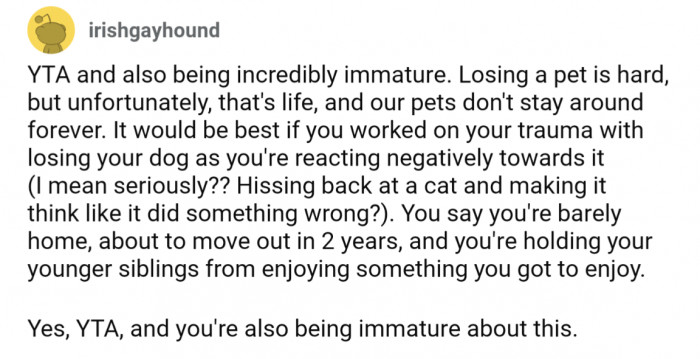
He can't hold everyone else back because he's still hurting.
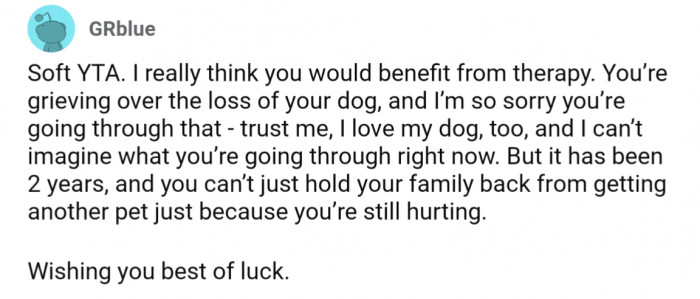
Life doesn't work that way, and thinking that he's being reasonable is very childish thinking.

Navigating Family Dynamics Post-Loss
Family dynamics can shift significantly after the loss of a pet. Research indicates that differing grief responses among family members can lead to misunderstandings and conflicts.
Recognizing that each individual may grieve differently is essential to fostering a supportive family environment.
Therapy would be beneficial for everyone, but especially OP.
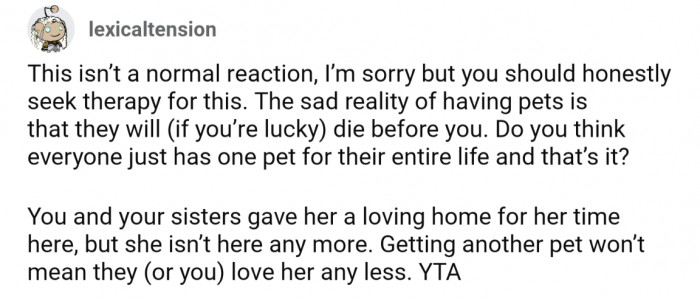
10/10 would recommend therapy for literally everyone.
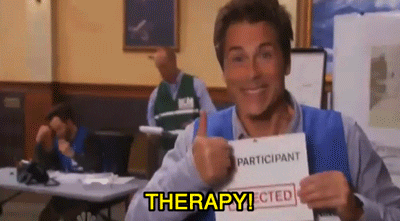
Not his house, not his choice.

Families should prioritize open discussions about their feelings surrounding the loss. Creating opportunities for each family member to express their grief can enhance understanding and compassion among family members.
He admitted to being barely at home, so really he shouldn't get a say.
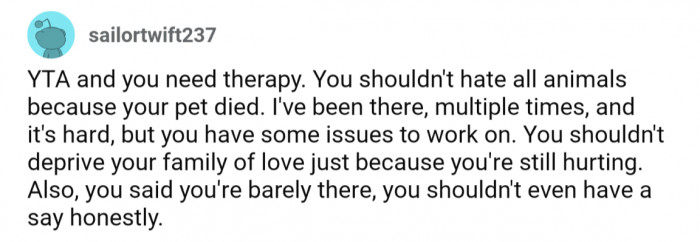
OP is letting his grief hold his family hostage.

Getting OP some professional help feels urgent.

Maybe his folks will tire of him making everyone else miserable and kick him out sooner.

GTFO, my dude.
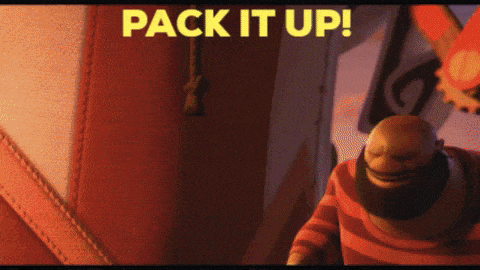
It's definitely OP's problem that he's trying to make into everyone else's problem.

It's a you problem, OP; stop trying to make it everyone else's.
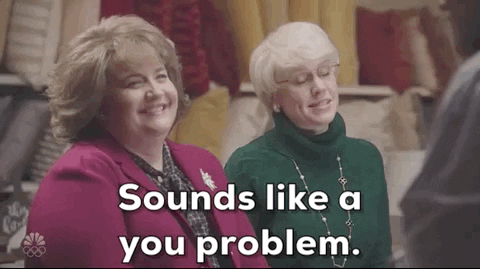
Seriously though, acting aggressively and purposefully attempting to scare a homeless animal because you’re not over the loss of a pet two years later is beyond excessive. I do hope OP is able to reflect on some of the comments and get some help coping with the loss of their family dog.
Or at the very least, moves out into his own place and stops making the rest of his family miserable. But some professional help would be best.
Psychological Analysis
This situation highlights the complex emotions surrounding pet loss and the challenges of moving forward. Understanding that grief is a personal experience can help family members support one another more effectively.
Encouraging open dialogue and honoring the lost pet's memory can foster healing and strengthen familial bonds.
Analysis generated by AI
Analysis & Alternative Approaches
In summary, navigating the grief associated with pet loss requires understanding, support, and open communication. Research emphasizes that allowing oneself to grieve and fostering resilience can lead to healthier emotional outcomes.
By prioritizing discussions around grief within families, individuals can find healing and connection.
Analysis & Alternative Approaches
Grief is a complex journey that requires understanding and support from those around us. Research indicates that creating supportive environments and engaging in meaningful rituals can significantly aid in the healing process.
By prioritizing compassion and patience, families can help one another navigate the challenges of loss more effectively.



